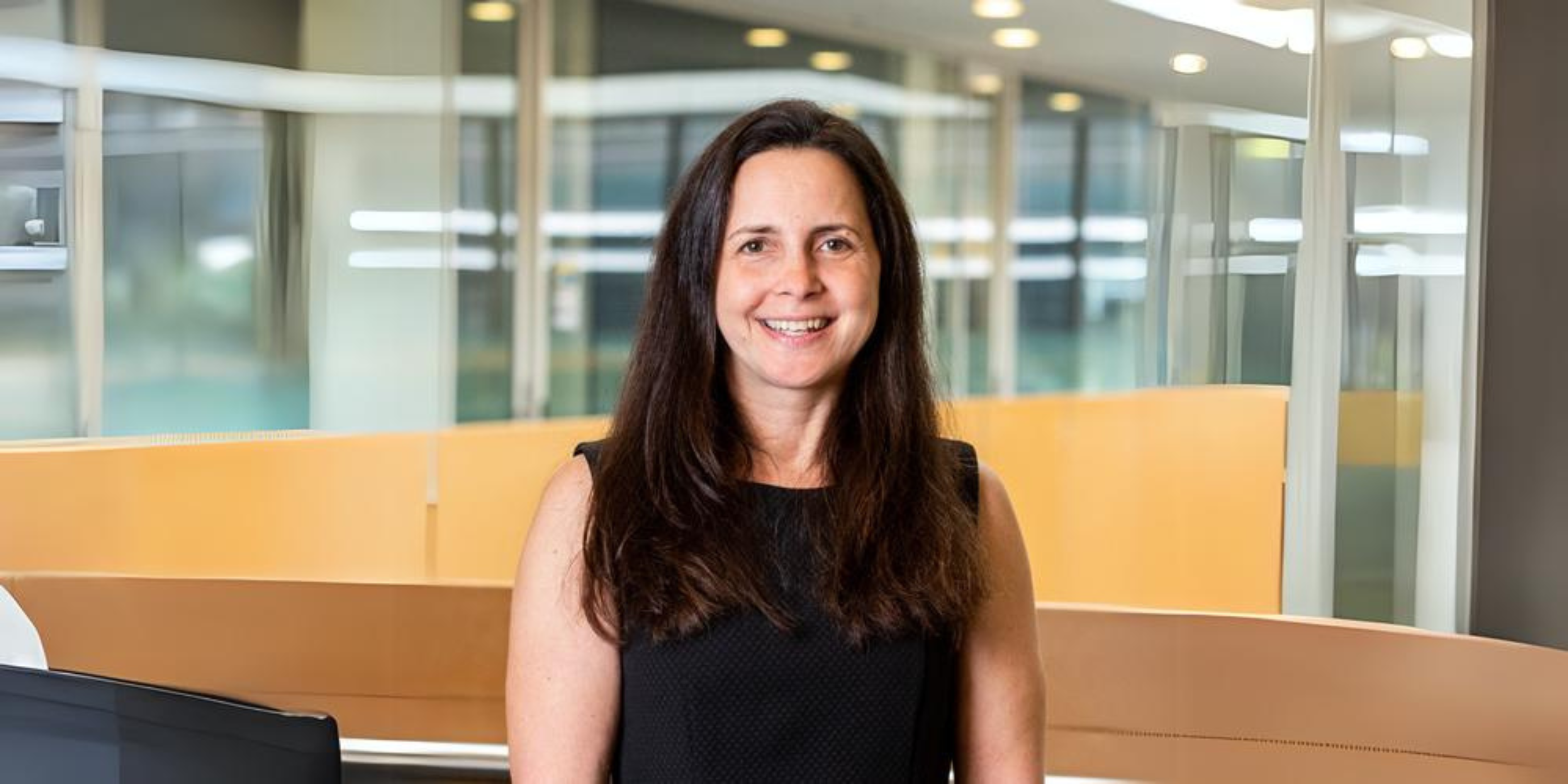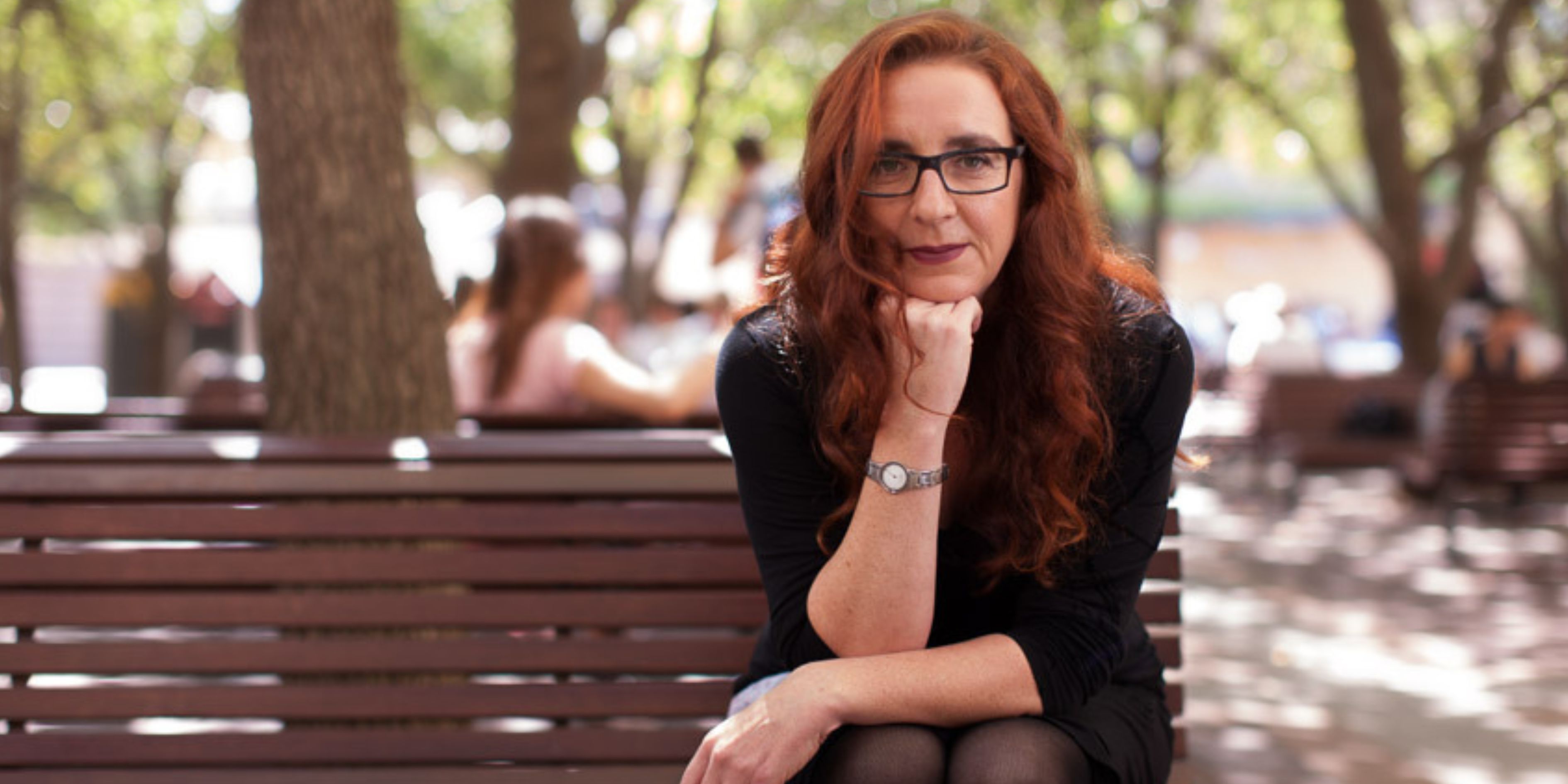PLuS Alliance Fellow and UNSW Sydney Professor Carla Treloar talks about social justice in global health, her ground-breaking work in hepatitis C research, and her podcast SpeakEasy. You have been Director of the UNSW Centre for Social Research in Health since 2016, and currently head up the hepatitis research team. Can you tell us a little about the Centre’s mission?
The UNSW Centre for Social Research in Health was established as part of the national response to HIV. Since then our work has expanded to include other blood borne viruses and sexually transmissible infections and related areas like drug and alcohol treatment, mental health, and the experience of people in prisons. All of this work is underpinned by the same mission - to conduct high quality research that helps to achieve the objectives of national strategies and which is both policy and practice-relevant. How and why did you come to be involved with the PLuS Alliance? I have a very strong research interest in social justice and global health, which are two of the PLuS Alliance’s core focus areas. I was nominated as one of the original Fellows and attended the first meeting in London. It was really interesting to be part of those early-stage discussions, where all three partner universities were exploring the possibilities of joining forces for Research and Education. You co-convened the PLuS Alliance Forum on Inequality in Sydney, Australia last year. Are these opportunities for global collaboration important to your research?Collaboration is great. At the Forum on Inequality, we had colleagues from each university take part in workshops and presentations, all sharing their different perspectives and research on how to address a really important issue. I’ve learnt so much from working with colleagues from other disciplines and countries, and from listening to all the different communities that our research is intended to serve. You are currently working with a researcher from King’s College London as part of PLuS Alliance seed-funded research into hepatitis C treatment for people who inject drugs. How has this cross-border project strengthened the research process? A colleague at King’s College London, Professor Jo Neale, and I had always shared a mutual admiration for each other’s research, but we had not been able to find a way to work together. The PLuS Alliance seed funding gave us the opportunity to undertake a project that is really meaningful to both of us. Through the grant, we’ve been able to take a method developed at King’s and apply it in a completely new area in Australia. In doing so, we have brought new skills and knowledge to our teams and we have been presenting this at various seminars and conferences. We’re also working on publications. This globally-collaborative project has allowed us to model best practice in community engagement in research. Tell us about the hepatitis C research you’re working on as part of the PLuS Alliance
We are building a new patient reported outcome measure (PROM) for people with a history of injecting drugs who are undertaking treatment for hepatitis C. There has been a revolution in highly effective treatments for the virus, meaning there is possibility of eliminating it as a public health problem. This is great, giving so many people the opportunity to live virus free and greatly reduce their risk of serious or life-threatening liver disease. However, my team noticed that the clinical literature was very focused on the outcome of “cure”. While this is obviously important, there are certain things that people with a history of injecting drugs may want out of treatment - hence the drive to produce a patient reported outcome measure. We are guided here by the maxim “what gets counted, counts”. What do you hope the outcome will be? While we see the usefulness of such a measure in itself, there is a larger social justice project behind this. People who have injected drugs are subject to pervasive and enduring stigma and discrimination. Being able to communicate in the clinic might be challenging for them, as a result of having received messages about being less worthy than others. We see this PROM as enabling not just a change in measurement, but also providing a means to give voice to marginalised people. An important part of this project has been the involvement in the research team of someone with the experiences we are investigating. Your research incorporates insights from areas like health psychology. Why is this useful when it comes to looking at issues such as hepatitis C and illicit drug use in their social, legal and political contexts? Every biomedical or technological advance has to be put into practice in the real world, which is messy and contradictory and shaped by various macro level factors. The social science and humanities disciplines have expertise to offer in examining how these advances are understood and used. I’ve had the opportunity to work closely with colleagues from clinical and epidemiological research and generate research that draws upon all of the disciplines at the table. And of course, the voice of community should be present in all of this. You’re a member of a number of advisory groups for research, government and non-government agencies. Can you tell us a little about your work with these groups? I never say no to invitations for advisory committees and the like – it’s such an important part of my job. What else should we be doing to return the investment of public funds in research than provide input where we can? More than that, I’ve learnt so much in these spaces. Like how policy gets made, how to influence people (an ongoing learning project) and everyday issues like language and terminology that carry so much weight. You host the UNSW SpeakEasy podcast with your colleague Annie Madden. It’s now in its third season – congratulations! How did the idea for this show come about? My life opened up in new ways when I discovered podcasts. I love talking about my work but realised that there are very few ways that researchers get to communicate directly with the community. I saw this podcast as a way to democratise knowledge and invite our guests to talk about their work in a conversational and low-key way. I’m thrilled to do this with a great friend and colleague, Annie Madden, who was the long term CEO of the Australian Injecting & Illicit Drug Users League (AIVL). We have been so pleased with the response from our guests who have taken the opportunity to talk about their work in research, policy and advocacy. Running this podcast is one of the best parts of my job. 2018 kicked off with a fantastic interview with the Hon Michael Kirby. Who, from anywhere in the world, would you most love to interview if you had the chance? Michael Kirby was fantastic - as we expected. A remarkable mind, of course, but a fascinating life lived. He is so extremely generous with his time. Fitting in our little podcast between ongoing work in the human rights issues of North Korea and other wicked global problems. There are so many ways to approach the question of “wish list” guest and the list is SO long! It has to be someone who speaks authentically and with the ability to take a little of our gentle cheeky behaviour – I can’t choose! Any other podcasts you love tuning in to that you can recommend to the PLuS Alliance community? So many – scrolling through my library: The Daily from the New York Times, Chat 10 Looks 3, Bowraville, Bang On, Dirty John, Ear Hustle, This is Love, What’s the Crack, Revisionist History, Alone, My Mum says my memoir is a lie, Pretty for an Aboriginal, The Butterfly Effect, The Party Room, Trace, Do Listen Twice, and of course, My Dad Wrote A…
Professor Carla Treloar is a PLuS Alliance Fellow of Social Justice


